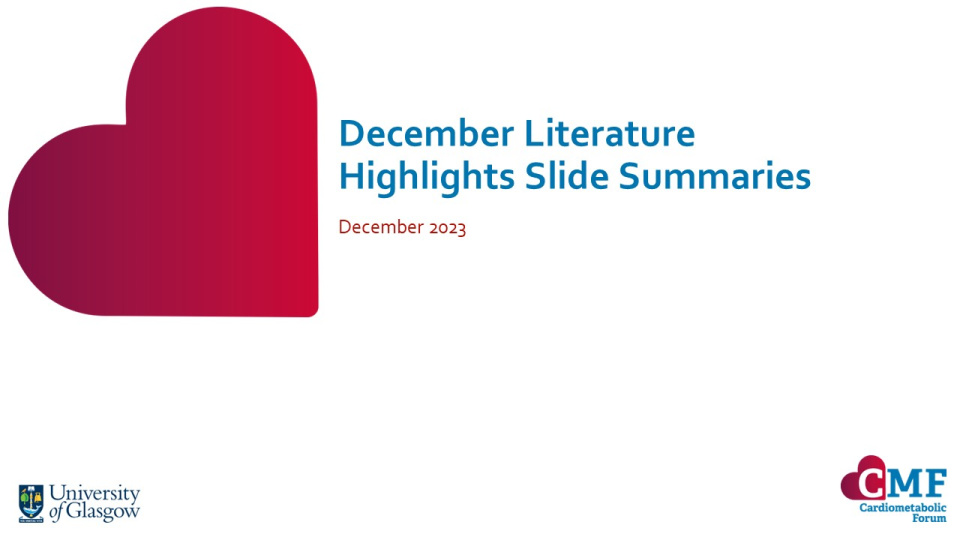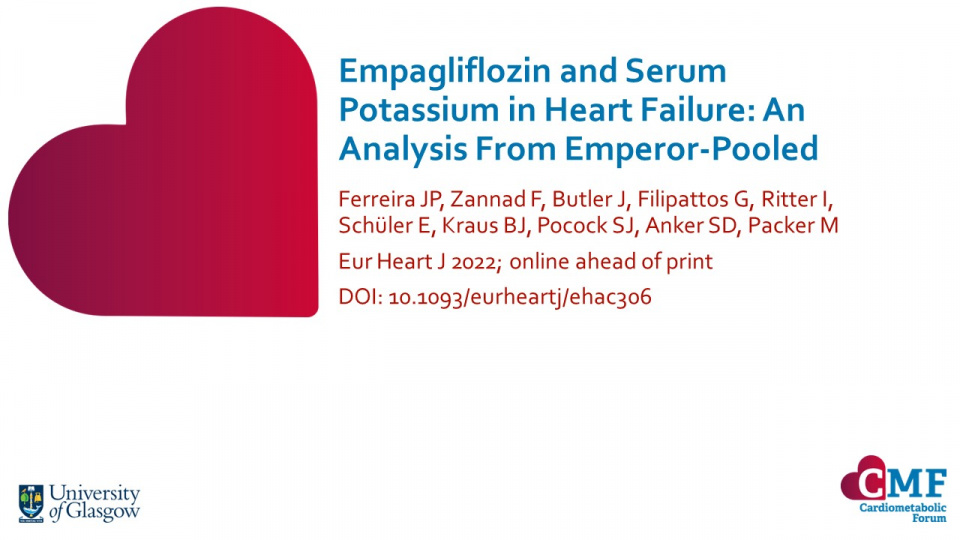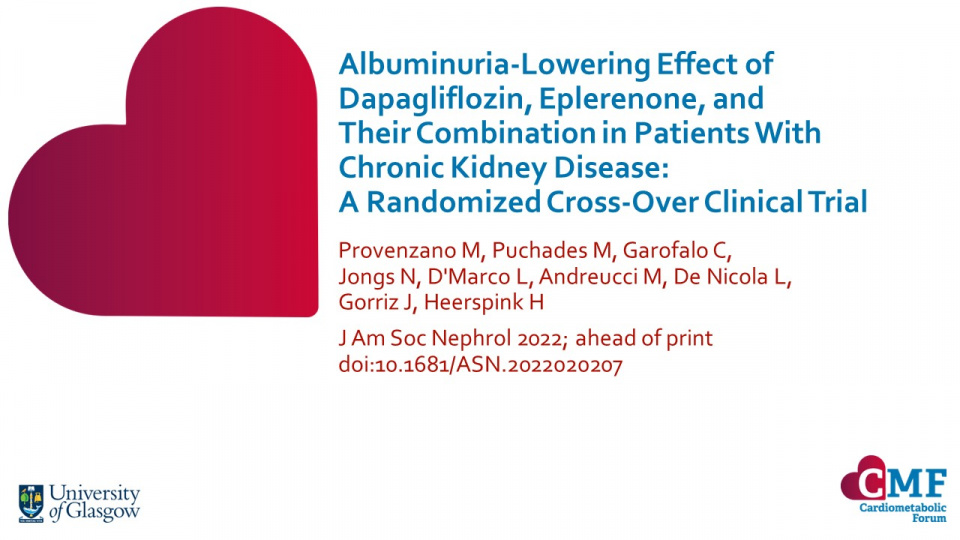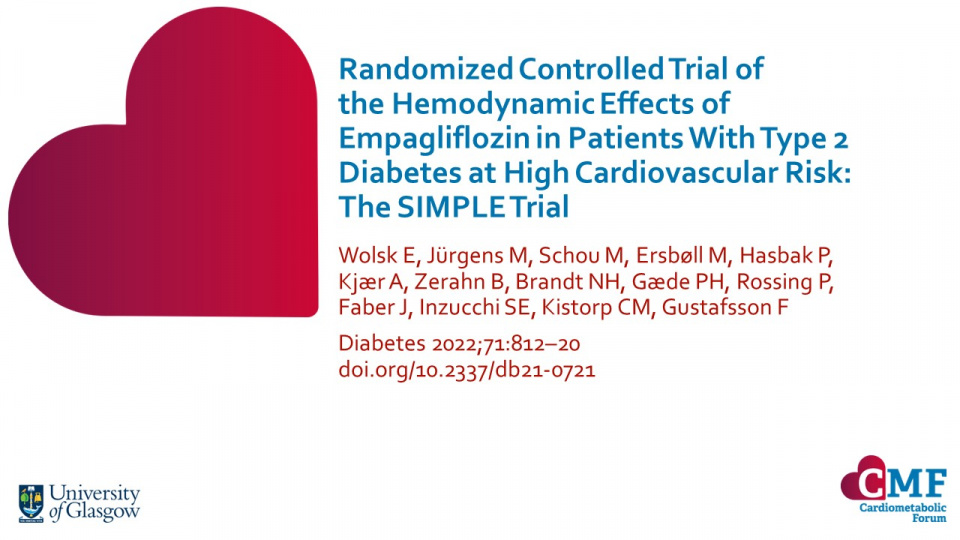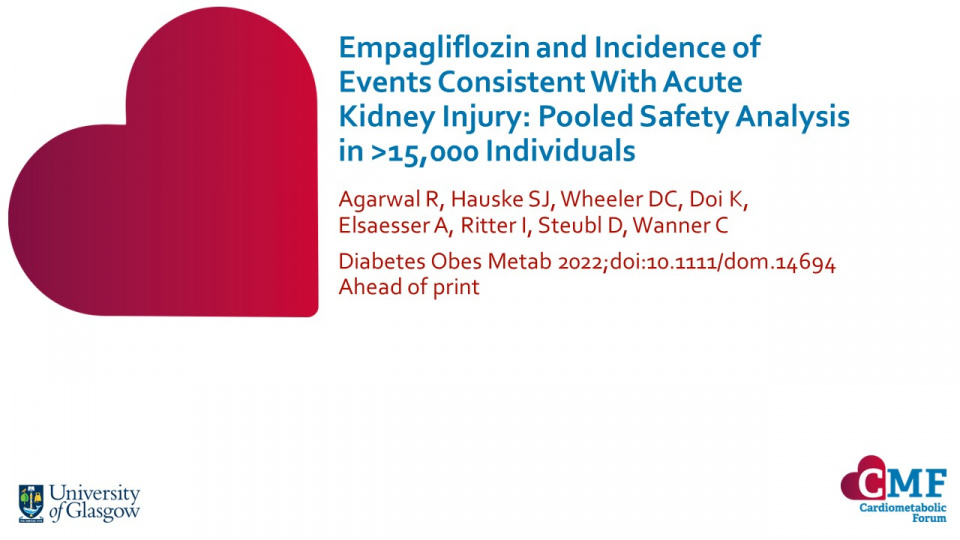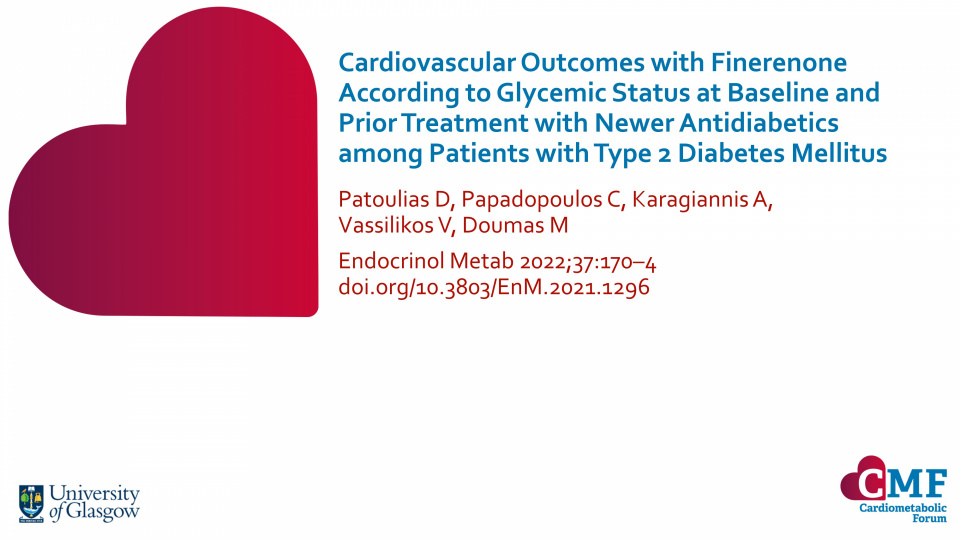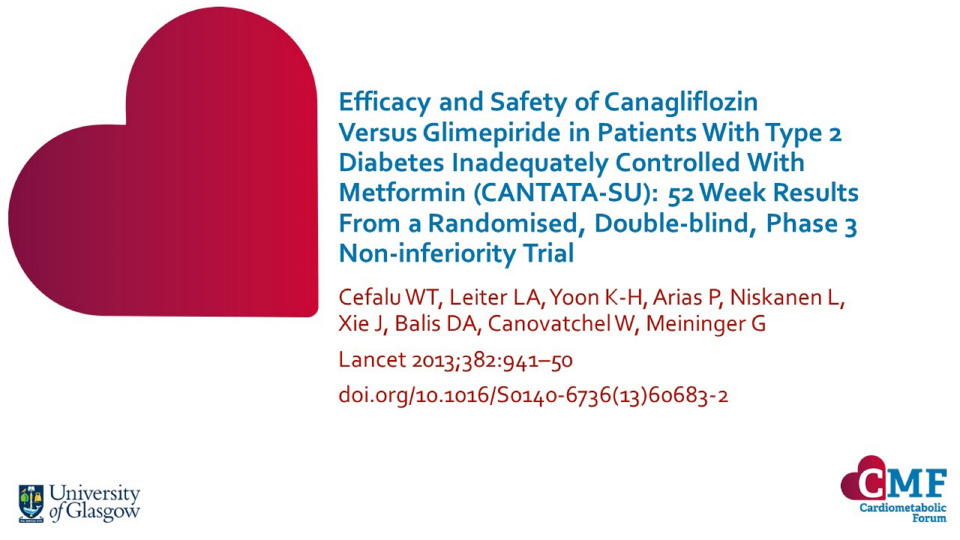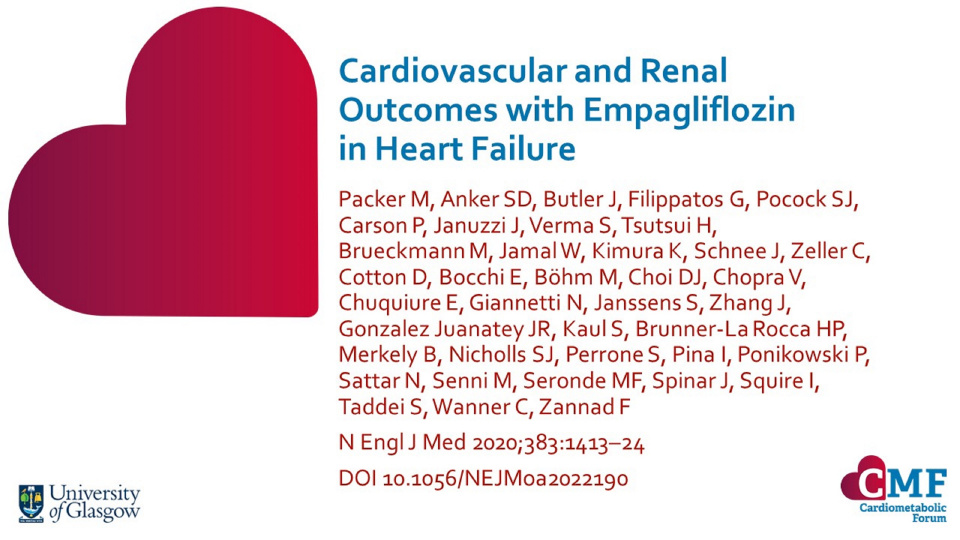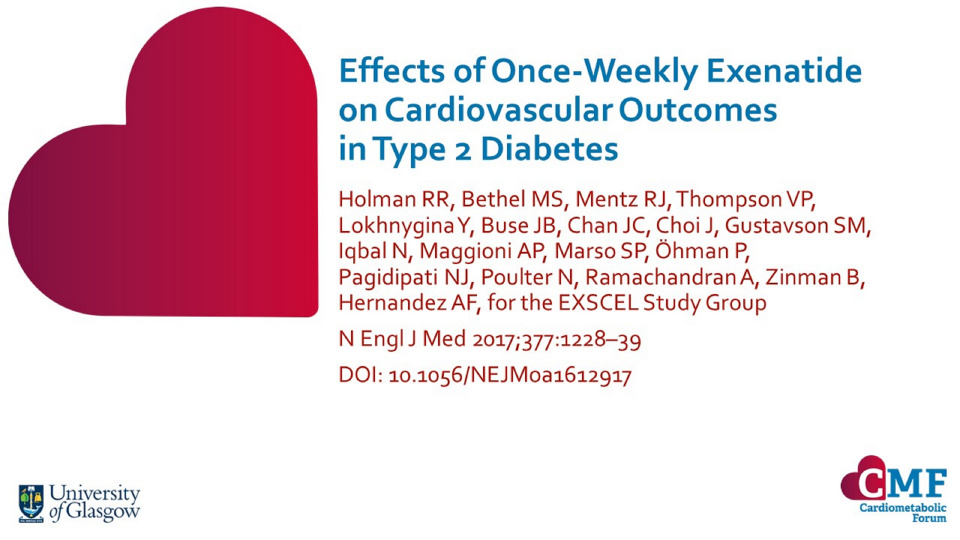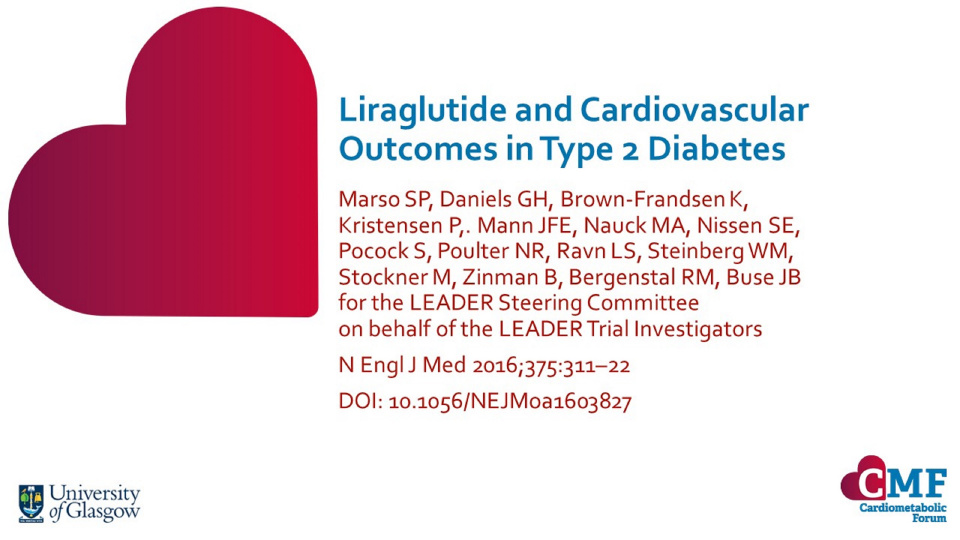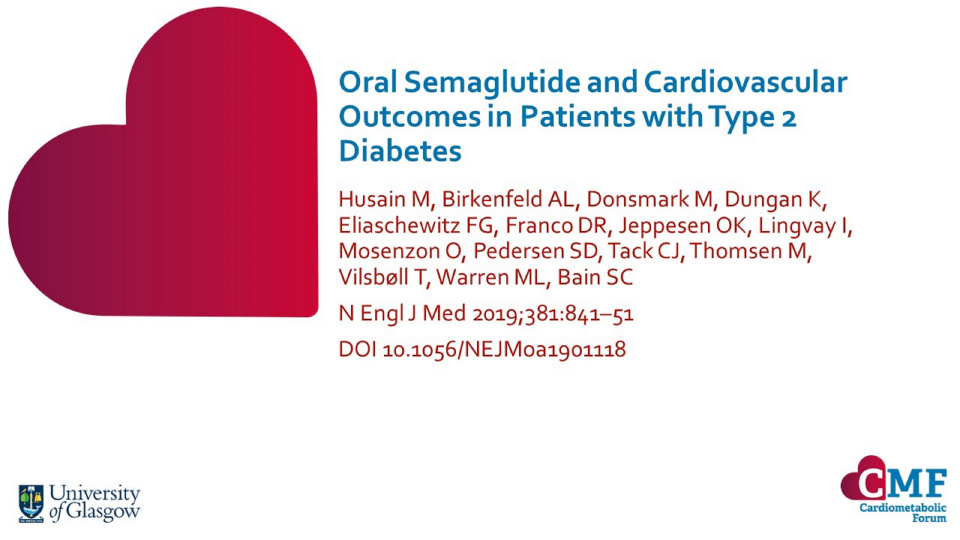Publications
Stay up to date with our literature reviews which are curated by experts to feature the most important publications released each month. Explore our publications for access to concise summary slides for your own use.
Empagliflozin and Serum Potassium in Heart Failure: An Analysis From Emperor-Pooled
Eur Heart J 2022; online ahead of print DOI: 10.1093/eurheartj/ehac306
In this pooled analysis, empagliflozin reduced the incidence of hyperkalaemia without significant increase in hypokalaemia.
Potassium is essential for normal cellular function, but severe potassium abnormalities can lead to cardiac arrhythmias and death. Hyperkalaemia frequently leads to interruption and discontinuation of neurohormonal antagonists, which may worsen the prognosis for people with heart failure (HF).
Albuminuria-Lowering Effect of Dapagliflozin, Eplerenone, and Their Combination in Patients With Chronic Kidney Disease: A Randomized Cross-Over Clinical Trial
J Am Soc Nephrol 2022; ahead of print doi:10.1681/ASN.2022020207
This trial demonstrates that the albuminuria-lowering effects of dapagliflozin and eplerenone alone are additive when used in combination. A larger trial in this population is required to confirm long-term efficacy and safety of combined sodium-glucose co-transporter-2 inhibitor (SGLT2i) and mineralocorticoid receptor antagonist (MRA) treatment, but this may support the idea that these classes have complementary nephroprotective effects.
Randomized Controlled Trial of the Hemodynamic Effects of Empagliflozin in Patients With Type 2 Diabetes at High Cardiovascular Risk: The SIMPLE Trial
Diabetes 2022;71:812–20 doi.org/10.2337/db21-0721
In this analysis of data from the SIMPLE trial, empagliflozin did not reduce left heart filling pressure more than placebo at submaximal exercise in patients with T2D at high CV risk. However, it was observed that empagliflozin reduced pulmonary capillary wedge pressure (PCWP) at a magnitude of clinical significance in patients at rest. The findings suggest cardiac benefits beyond the diuretic effect of sodium-glucose co-transporter-2 inhibitor (SGLT2i) treatment and could explain a significant part of the CV benefits observed in clinical trials.
Empagliflozin and Incidence of Events Consistent With Acute Kidney Injury: Pooled Safety Analysis in >15,000 Individuals
Diabetes Obes Metab 2022;doi:10.1111/dom.14694 Ahead of print
This comprehensive analysis indicates that empagliflozin is not associated with increased risk of acute kidney injury or acute kidney failure compared with placebo treatment.
Cardiovascular Outcomes with Finerenone According to Glycemic Status at Baseline and Prior Treatment with Newer Antidiabetics among Patients with Type 2 Diabetes Mellitus
Endocrinol Metab 2022;37:170–4; doi.org/10.3803/EnM.2021.1296
Finerenone induced a 13% risk reduction in MACE (a composite of death from CV causes, nonfatal myocardial infarction, nonfatal stroke, or hospitalisation for heart failure) regardless of prior glycaemia. There was no difference in finerenone-derived MACE benefits whether patients were on baseline SGLT2i or GLP-1RA or not.
Efficacy and Safety of Canagliflozin Versus Glimepiride in Patients With Type 2 Diabetes Inadequately Controlled With Metformin (CANTATA-SU): 52 Week Results From a Randomised, Double-blind, Phase 3 Non-inferiority Trial
Lancet 2013;382:941–50 doi.org/10.1016/S0140-6736(13)60683-2
In the CANTATA-52 trial, canagliflozin was non-inferior to glimepiride for the primary endpoint of glucose-lowering at 52 weeks – and the highest dose achieved superiority.
Cardiovascular and Renal Outcomes with Empagliflozin in Heart Failure
N Engl J Med 2020;383:1413–24 DOI 10.1056/NEJMoa2022190
Empagliflozin demonstrated a reduction in CV death, HF hospitalisation, rate of eGFR decline and risk of serious renal outcomes in patients with chronic HF and reduced ejection fraction in the EMPEROR-reduced study.
Effects of Once-Weekly Exenatide on Cardiovascular Outcomes in Type 2 Diabetes
N Engl J Med 2017;377:1228–39 DOI: 10.1056/NEJMoa1612917
The EXSCEL study showed that among patients with type 2 diabetes (T2D) with or without previous cardiovascular (CV) disease, the incidence of major adverse cardiovascular events (MACE) did not differ significantly between patients who received exenatide and those who received placebo.
Liraglutide and Cardiovascular Outcomes in Type 2 Diabetes
N Engl J Med 2016;375:311–22 DOI: 10.1056/NEJMoa1603827
The LEADER trial demonstrated CV benefits with liraglutide, and showed that the rate of the first occurrence of death from cardiovascular (CV) causes, nonfatal myocardial infarction (MI), or nonfatal stroke among patients with type 2 diabetes (T2D) was lower with liraglutide than with placebo.
Oral Semaglutide and Cardiovascular Outcomes in Patients with Type 2 Diabetes
N Engl J Med 2019;381:841–51 DOI 10.1056/NEJMoa1901118
In the PIONEER 6 trial, the cardiovascular risk profile of oral semaglutide was noninferior to placebo over 83 weeks.

